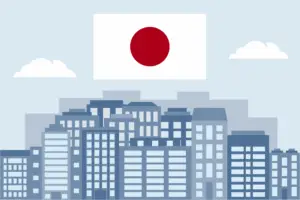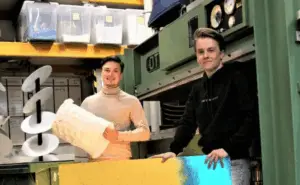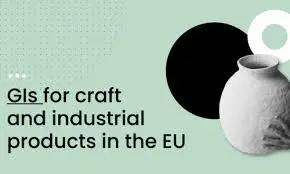TRNL20220406033
A Dutch research institute is looking for technologies to convert ‘aroma’ waste into value-add materials, chemicals or products.
A Dutch research institute is partner of an international consortium, creating an open innovation platform and network in which large enterprises can set out technical challenges for SMEs and start-ups to propose innovative solutions to. One of these technology challenges concerns the conversion aroma waste into added value products or chemicals, that reduce the amount of material sent to be burnt and by doing so reduce carbon footprint and greenhouse gas emissions.
The waste material is derived from organic liquid phase chemical reaction and contains the following products by percentage along with other aromatic / nonaromatic compounds:
– Methanol 17%
– Octyl Octanoate 14%
– Dibenzyl ether 9%
– C15+ Ketones and Aldehydes (mixed) 9%
– Benzaldehyde dibenzyl acetal 8%
– Hexyl Cinnamic Aldehyde diol 8%
– Hexyl cinnamic aldehyde and octanal adducts 6%
The problem is how to transform this mixture or part of this mixture into a product or products which can add value and reduce the volume sent for incineration. There is a preference to look at biotransformation either as the main feedstock or mixed with other natural organic material.
Solutions are expected to have been validated in laboratory environment (technology readiness level 4) but may need further development to achieve commercial viability or to full fit with technical requirements. A long-term partnership is envisaged to convert the proposed technology/process to a fully functional, mature and economically viable solution and to deploy that solution across four manufacturing sites. SMEs or start-ups are sought via a research and development agreement.
The challenge owner is a global flavour & fragrance producer, who currently send 1500 metric tonnes of by-products to incineration. To reduce the greenhouse gases emitted by the production processes, the waste products must be diverted from incineration. Preferably, the waste products would be converted to added-value products or to feedstock for circular economy, thereby reducing both greenhouse gases and use of virgin raw materials.
Expertise is sought in green chemistry or bio-based chemistry to convert the aroma waste to value-add materials. Alternatively, solutions that reduce the toxicity and convert the waste into something easier to dispose of and reduce costs are also appropriate.
The waste product currently exists in liquid form but can be separated with components treated separately. Successful solutions will:
• Either reduce volume of waste or cost of waste removal by >50%
• Be able to process 1500 metric tonne annually
• Break even in 10 years after investment (current disposal costs >150 k GBP per year)
• Be implemented either on-site (space dependant) or at an offsite location
Proposed solutions will be assessed on:
• Production of products with potential revenue >100 k GBP
• Production of 1-2 product streams
• Solution with least amount of space required at the production facility
Conversion into methane for burning is not an acceptable solution, either in part or as sole approach.
This technology request is part of an innovation challenge and is published on an open innovation platform from 7 March and will close on 19 April. If an organization does express interest, it will be guided through this open innovation platform, where it can engage with the challenge owner and propose a solution. Mind that posts on this platform are not confidential.
Shortlisted proposers will have an opportunity to pitch their proposal directly to the challenge owner, who will then select the SME with whom it would like to cooperate in the development of the solution. Once the challenge is closed, the profile will be closed and EOIs will be replied to.
The partner is expected to propose a solution to the challenge, including a plan for technical and/or commercial development. The winning partner will be invited to develop their solution together with the challenge owner (and – if required – with the support of a technology centre or centres of their choice). The collaborative project is expected to last up to 6 months; there is no limit to the size of the project but the winning partner will receive €10k to cover costs of the project (plus innovation vouchers to spend on support from the technology centre(s)).
The challenge owner is considering the successful technology as a long-term solution to a consistent, long-term waste stream. If feasible and viable, the winning solution will be deployed in four existing production sites in the UK and India, in a long-term partnership between the challenge owner and the winning solution provider.
Contact for more information:
Email: twjan.tan@rvo.nl



